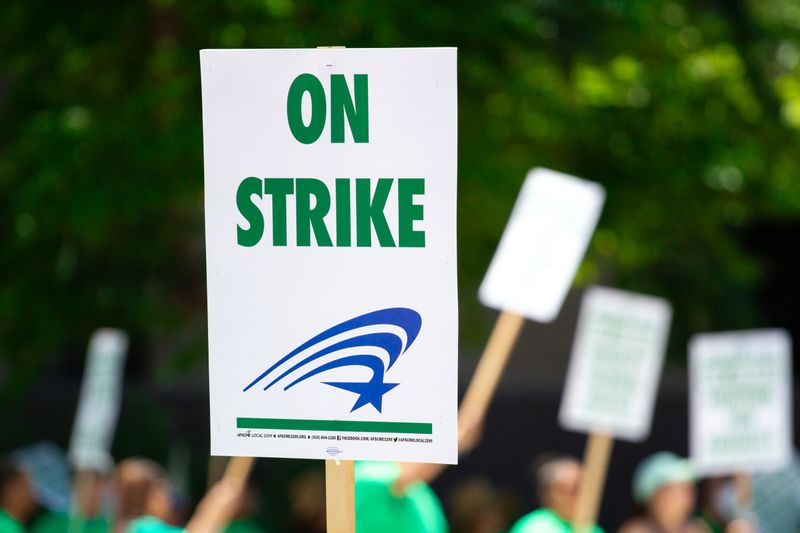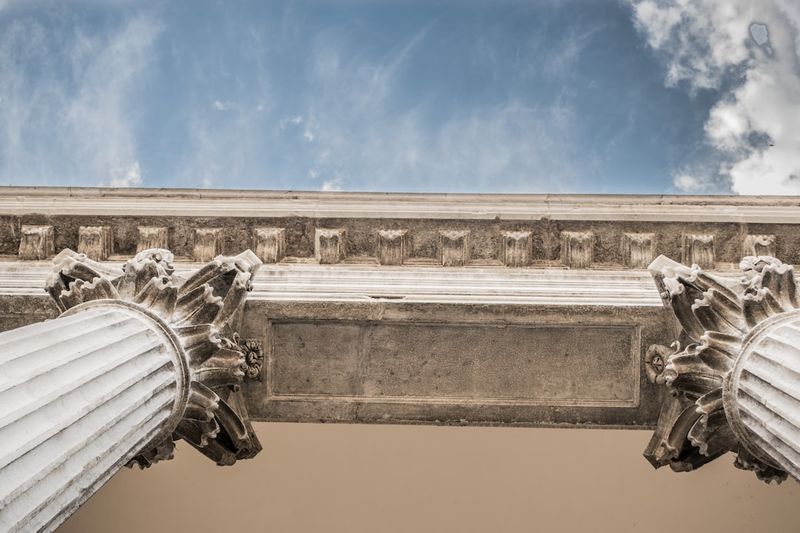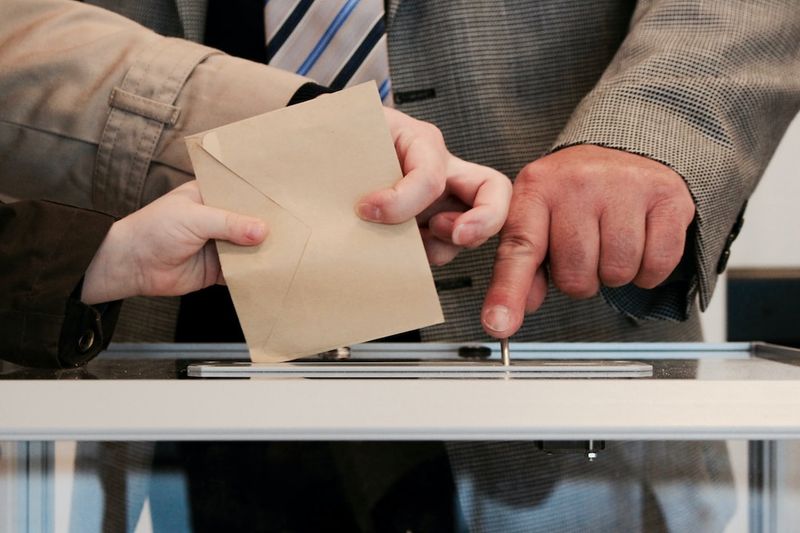Middle East Israel Judicial Overhaul Sparks Nationwide Outcry
A Crisis for Benjamin Netanyahu
Israeli Prime Minister Benjamin Netanyahu, who has been in office for an unprecedented six terms, is now facing the most significant domestic crisis of his long political career. The controversy stems from the ratification of the first part of judicial reforms by the hard-right government, which has raised concerns about the independence of the courts. Critics argue that these reforms could potentially endanger the balance of power among branches of government and lead Israel down a path towards autocracy.
Protests and Strikes
The public outcry against the judicial reforms has been palpable, with thousands of people taking to the streets in demonstrations that have often turned violent. Medics have embarked on a 24-hour strike, and black ads covering the front pages of major newspapers in Israel symbolize the dark day for Israeli democracy. A group of worried hi-tech workers placed the ads, expressing their concerns about the erosion of judicial independence.
International Repercussions
The crisis in Israel has not gone unnoticed by the international community. The United States, Israel’s closest ally, has expressed its disappointment with the government’s actions. Britain, too, has urged Israel to maintain the independence of its courts and preserve robust checks and balances. This controversy has strained Israel’s ties with its Western allies, casting a shadow over its global reputation.
The Reservist Threat
One particularly concerning development is the growing number of military reservists joining the protests and threatening to no longer report for duty if the government continues with its plans. Former top brass have warned that this could potentially jeopardize Israel’s war readiness. Opposition leader Yair Lapid has called on the reservists to wait for a Supreme Court ruling on appeals before taking any action, hoping to avert a potential crisis within the military.
Medical Strike and Doctor Emigration
The strike by doctors across the country, excluding Jerusalem, adds another layer of complexity to the situation. The Israel Medical Association ordered the strike in response to the removal of the Supreme Court’s ability to overrule potential government involvement in health ministry decisions. The strike aims to discourage emigration by doctors who disagree with these reforms. The Israeli government, however, is seeking an injunction to compel doctors to return to work.
Netanyahu‘s Position and Challenges
Prime Minister Netanyahu‘s position is further complicated by a corruption trial in which he denies any wrongdoing. His recent hospitalization to receive a pacemaker has also raised concerns about his ability to effectively govern during this crisis. Additionally, his religious-nationalist coalition’s ongoing expansion of settlements on occupied land has strained relations with the United States, further isolating Israel.
The Future of Israeli Democracy
The current judicial reforms in Israel have ignited a fierce debate about the direction of the country’s democracy. Supporters of the reforms argue that they aim to redress the balance of power among branches of government and prevent perceived judicial activism. Critics, on the other hand, raise concerns about the potential erosion of checks and balances, which they argue is essential for maintaining a healthy democracy.
Maintaining Independence and Consensus
It is crucial for Israel to navigate this crisis while upholding the independence of its judiciary and building consensus among its citizens. The preservation of a robust system of checks and balances is fundamental to a thriving democracy. Israel’s leaders must address the concerns raised by the protests and engage in a constructive dialogue to find a way forward that ensures the fair and impartial functioning of its courts.
The Role of International Allies
Israel’s relationship with its international allies, particularly the United States, is of significant importance in this critical moment. The support and guidance of these allies can help Israel navigate this crisis and strike a delicate balance between reforms and the preservation of democratic principles. The international community must continue to express its concerns and urge Israel to address the valid criticisms raised by its citizens.
In conclusion, the judicial reforms in Israel have stirred a nationwide outcry and presented Prime Minister Benjamin Netanyahu with the most significant domestic crisis of his career. The protests, strikes, and international backlash have laid bare deep divisions within Israeli society and raised concerns about the erosion of judicial independence. The path forward requires a delicate balance of addressing legitimate concerns, preserving democracy, and engaging in constructive dialogue to find a consensus that serves the best interests of the Israeli people.

<< photo by Martin Lopez >>
The image is for illustrative purposes only and does not depict the actual situation.




